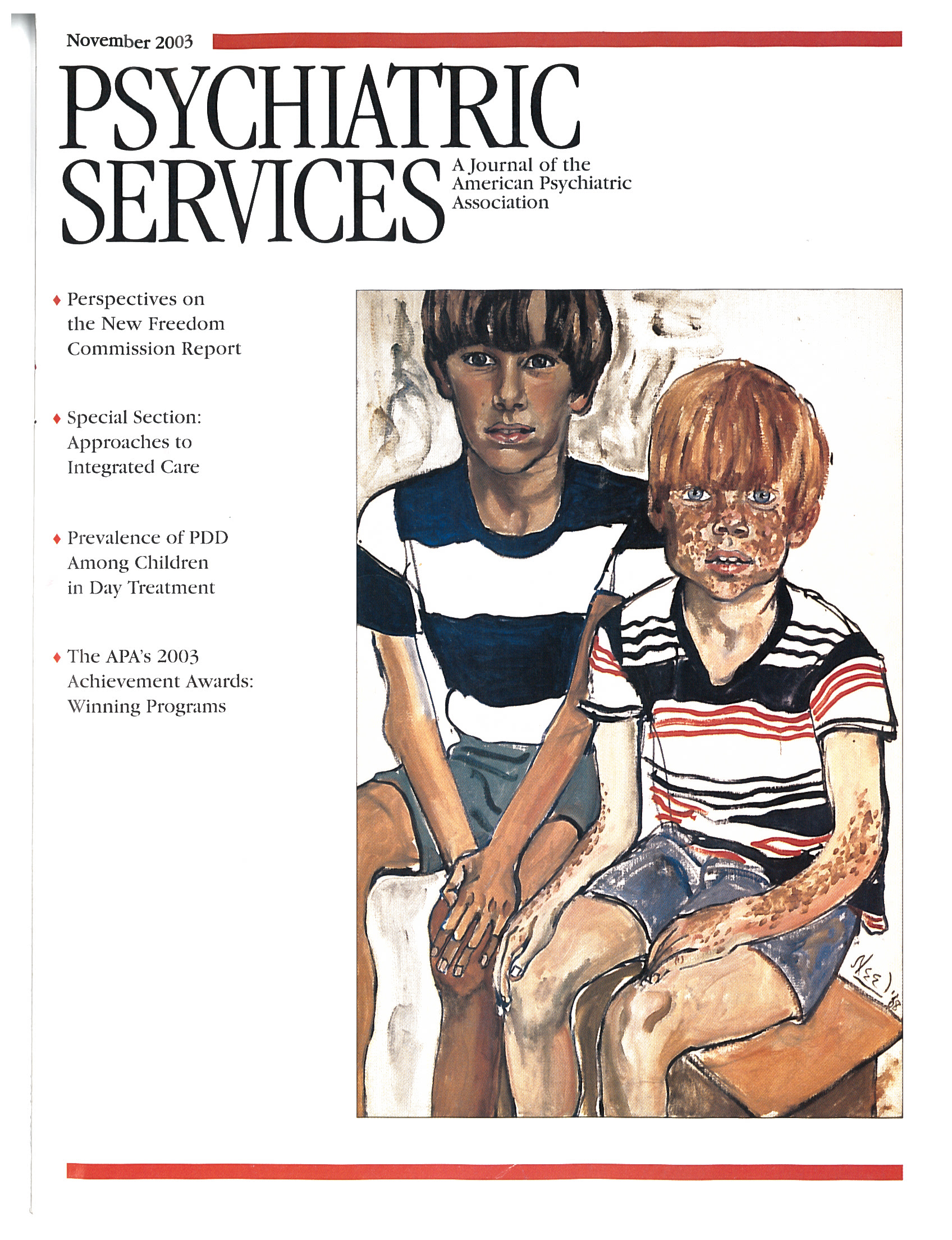Born and nurtured in a Christian context, pastoral counseling has been practiced in the United States for well over a century but made inroads into other countries only after World War II. By bringing together 15 other contributors from countries as diverse as the Philippines, Korea, China, Indonesia, Brazil, and South Africa, editor James Reaves Farris, Ph.D., has made a contribution toward a greater understanding and appreciation of pastoral counseling in a multiplicity of contexts.
Farris is an ordained United Methodist Minister with extensive experience in Brazil. Most of the articles in International Perspectives on Pastoral Counseling describe how pastoral counseling has been brought into non-Western regions and how it has evolved during the past few decades.
This collection of essays is important if for no other reason than to help the reader begin to appreciate the enormous difficulty of understanding one's culture—or another culture—through the lens of a given discipline. In this case the lens is that of pastoral counseling. In Western tradition, pastoral counseling ideally combines Christian theological and psychological training for its practitioners so that the person being counseled can begin to understand the spiritual, psychological, and emotional processes of his or her life situation. In the West, although cultural context is important, it is not the central focus.
From the perspective of many of the authors of the essays in this book, the cultural context can be the dominant factor for anyone involved in pastoral counseling. For example, an appreciation of issues related to poverty is crucial for understanding a liberation theology in Brazil, just as gender issues are of particular importance in pastoral counseling in the Philippines.
Fortunately, important terms are listed briefly at the beginning of each chapter. It would have been helpful to the general reader if the introduction had included more descriptive definitions of such terms as "pastoral counseling" and "pastoral care," as well as an extensive discussion of the relationship between them.
Some of the lessons to be found in this book have implications far beyond pastoral counseling. In Latin America, for example, "basic Christian communities," as described by Sara Baltodano, are small groups of approximately ten people from poverty-stricken areas who are "breaking into the history of Latin America and the church." How these communities relate to grassroots efforts in other countries is an intriguing notion in light of the importance of cultural transformation.
Another interesting notion is the "peace child" of Papua New Guinea. Louise M. Meeks writes, "When warring tribes made peace they exchanged a child. The children would grow up with the other tribe and if, in the future, conflict threatened between the tribes again, those children would be the ones sent to negotiate." In a world torn by ongoing conflicts, this unique model of empathy and understanding is intriguing. I found some surprises in the book. For example, the notion of pastoral care came to Indonesia by way of Holland, not America.
This collection of essays is an important contribution for one final reason. When we consider the newness of pastoral counseling in some of the countries discussed, the work of these pioneers is impressive. Daniel Boone was once asked whether he was ever lost. He replied, "No, just bewildered for a while." Pastoral counseling is in its infancy in most of the geographic areas discussed in Farris' volume, and it all might appear bewildering. It will be fascinating to note just how far pastoral counseling will go over time and just how it will meet the enormous challenges it currently faces in various cultural contexts.

